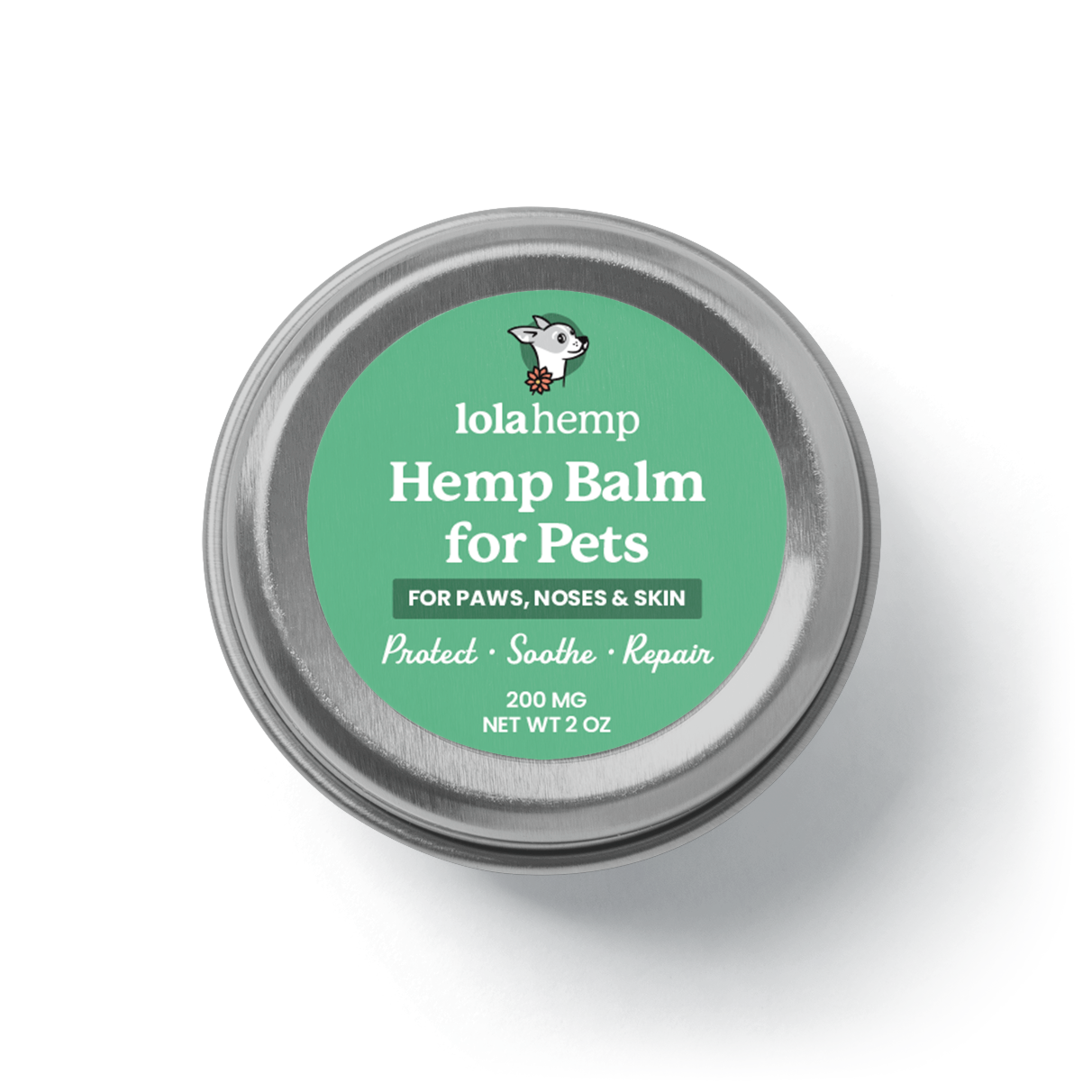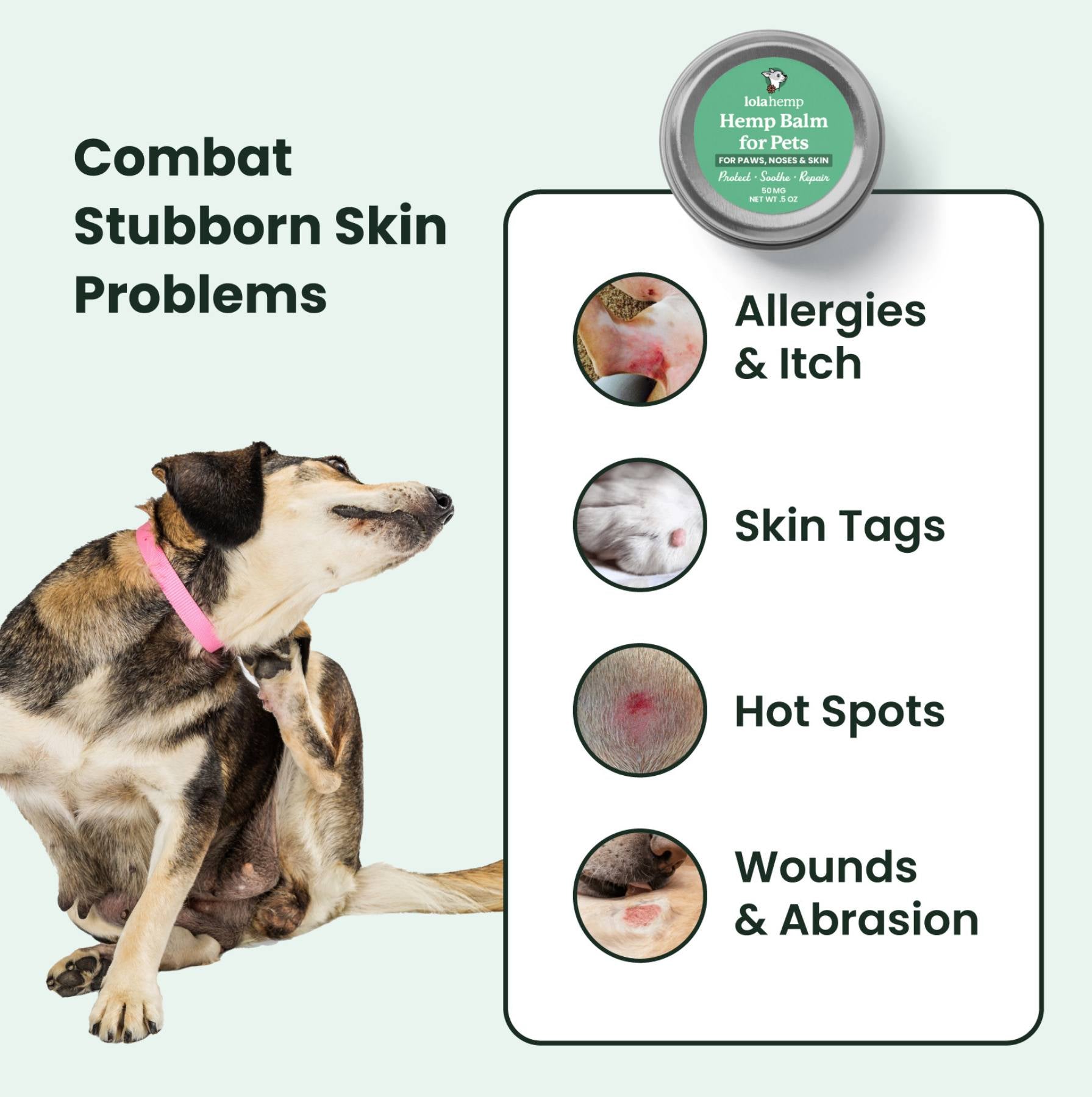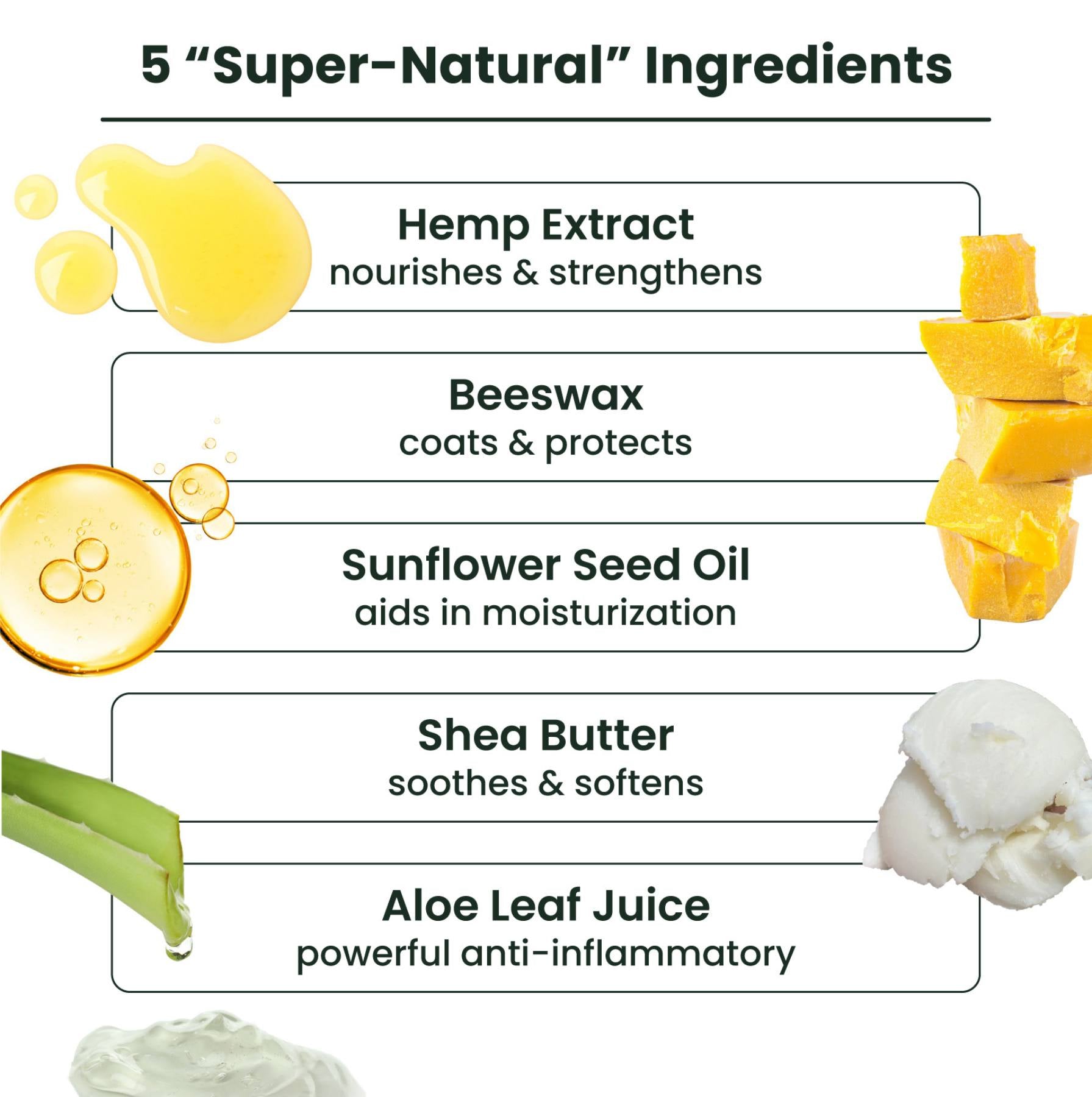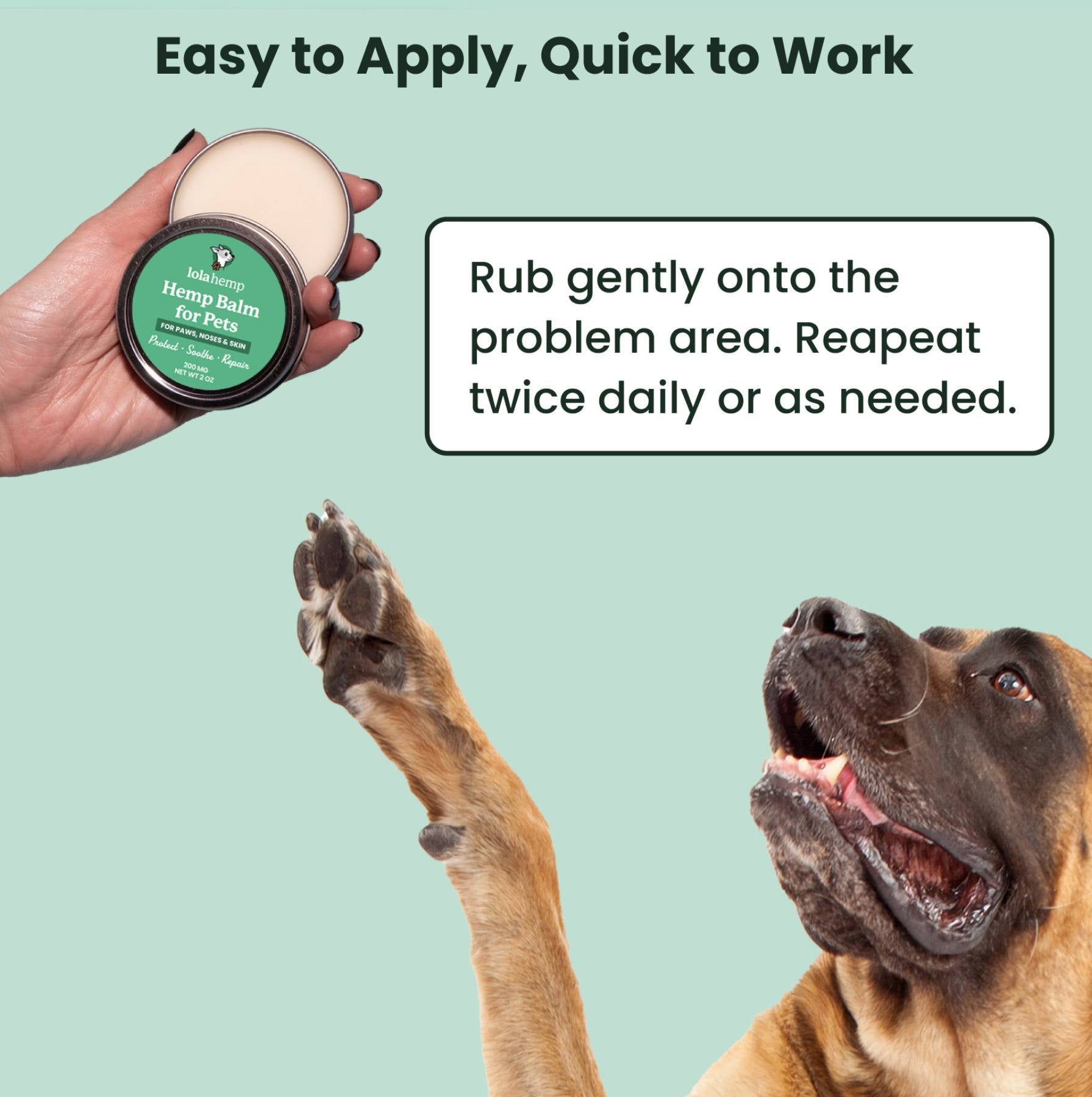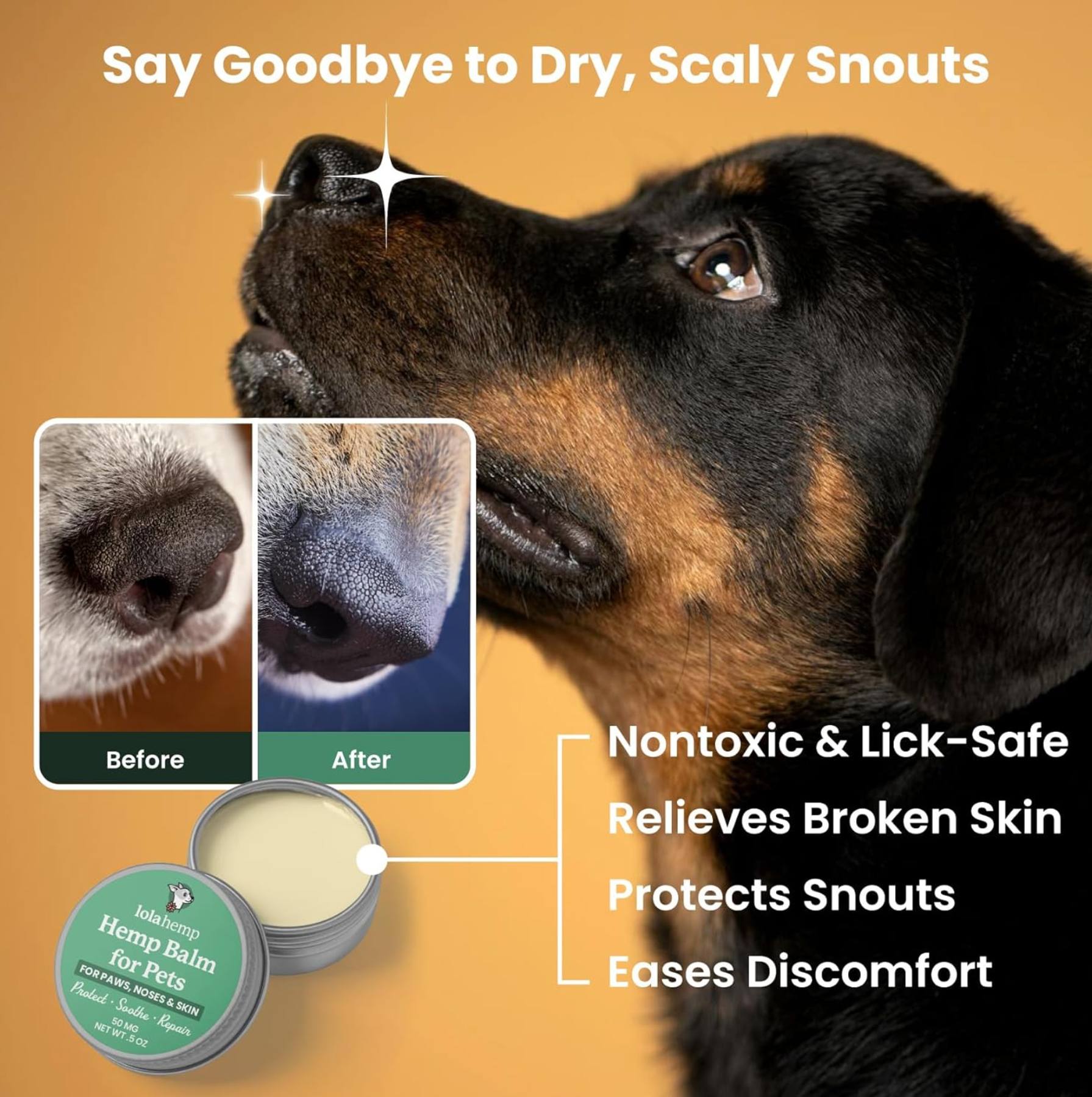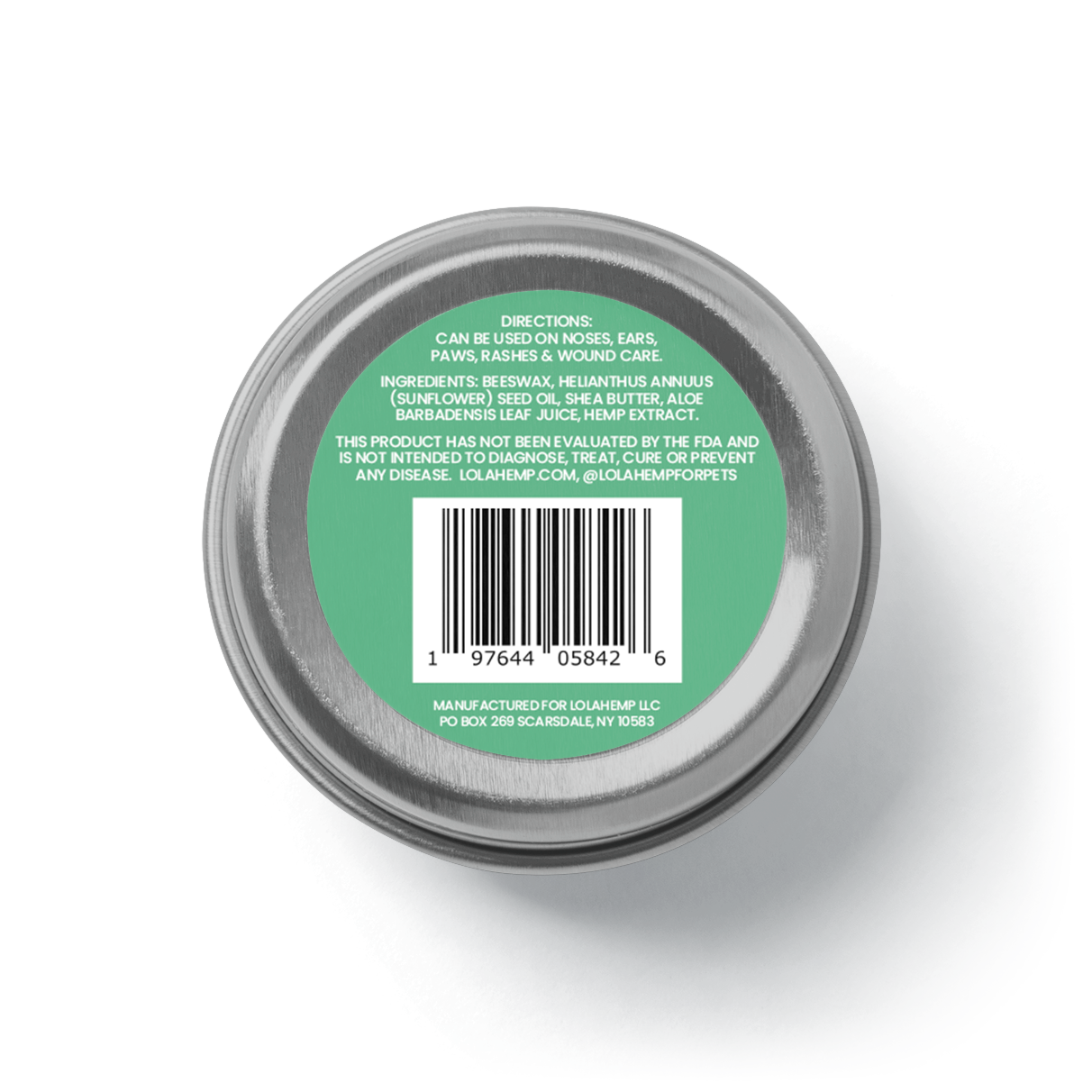Just like people, dogs do get dry skin. Your dog may not be getting all the nutrition it requires from eating their regular diet. While standard dog food comes packed with plenty of nutrients, you can supplement your dog’s diet with natural oils packed with nutrients that promote their skin health and prevent allergies from drying out their skin.
The best oils for your dog’s dry skin include coconut, fish, flaxseed, palm, avocado, sunflower, hemp, and olive oils. You can also use other natural oils like hemp oil and vitamin E. Let’s dive into the benefits of each oil in detail below and identify other ways you can address dry skin.
Moisturizing Oils for Your Dog's Skin
The following are some of the healthy natural oils you can use along with the benefits they provide. Be sure to check with your veterinarian before trying any of the product below.
Depending on the issue your dog is facing, many oils made for human use could further irritate the issue, so it's always best to opt for natural oils without any additional ingredients.
1. Coconut Oil
Coconut oil is a natural way to moisturize your dog’s dry skin. Packed with healthy fats like lauric acid, it helps hydrate, soothe irritation, and support healthy skin.
You can gently massage coconut oil onto dry or cracked areas, including paws and noses, to relieve itching or hot spots. Just use a small amount—too much can upset your dog’s stomach if they lick it. Be sure to supervise until it’s absorbed, and check with your vet if you have any concerns.
2. Fish Oil
Fish oil is a popular supplement for dogs, thanks to its omega-3 fatty acids, including EPA and DHA, which support healthy skin, a shiny coat, and a normal inflammatory response. Many dog owners report that fish oil helps keep their pets’ fur soft and silky.
When choosing fish oil, look for high-quality options made from tuna, salmon, sardines, or herring, as these fish are rich in omega-3s. Check your dog’s diet to avoid overloading on fish oil, as too much can upset their stomach. A typical dose is 1,000mg per 30 pounds of body weight, but consult your vet for guidance.
3. Flaxseed Oil
Flaxseed oil is a great option for dogs with mobility issues, allergies, arthritis, or sensitive skin. Rich in omega-3s, it supports healthy joints, skin, heart function, and normal inflammatory responses. It’s also a safe alternative for dogs allergic to fish oil.
Add ground flaxseed or flaxseed oil to your dog’s food to promote digestion and nutrient absorption. Start with a small amount and increase gradually to ½ teaspoon per 30 pounds of body weight. If you’re uncertain about the dosage or its benefits, consult your vet for advice tailored to your dog’s needs.
4. Hemp Seed Oil
Hemp seed oil is a cold-pressed oil derived from the seeds of the hemp plant. Unlike some heavier oils, it has a lightweight consistency that absorbs easily into the skin, making it an excellent option for dogs with dry, irritated, or flaky skin.
Rich in essential fatty acids—particularly linoleic acid and alpha-linolenic acid—hemp seed oil helps support the skin’s natural barrier and maintain moisture balance. These nutrients can soothe dryness, improve skin texture, and reduce the appearance of redness or rough patches.
When applied topically, hemp seed oil can help soften your dog’s coat and support overall skin health. It’s non-greasy, gentle enough for sensitive skin, and can be used as a standalone moisturizer or added to balms and salves for added hydration.
Regular topical use may promote a shinier coat and reduce environmental skin irritation over time.
5. Avocado Oil
When we think of avocados, we picture a tasty salad topping, but avocado oil can also benefit our furry friends.
Extracted from avocado pulp, this oil is rich in vitamin E and antioxidants, making it a great option for maintaining healthy, moisturized skin. Many pet owners find it helpful for relieving dry skin and soothing relentless itching or scratching. It may also support a healthy inflammatory response.
Use avocado oil sparingly to support your dog’s overall skin health. If you’re unsure about how to incorporate it into your dog’s routine, a vet can provide personalized advice.
6. Sunflower Oil
You may not have noticed, but sunflower oil can be found in a lot of foods you give to your furry friend. Sunflower oil is one of the few plant-based carrier oils completely non-toxic to dogs. It also forms an essential part of the dogs’ wellbeing.
Known by the botanical name “Helianthus annuus”, sunflower oil is typically pale yellow in color. It also has a mild taste and aroma. Sunflower oil for dogs contains dietary fats that may boost your dog’s energy, has nutritional support for healthy immune function, and can help maintain the health of the skin and coat.
Sunflower oil may achieve a similar effect as coconut oil and is often applied topically. Applying sunflower oil topically helps support dogs with irritated and itchy skin and unpleasant odors.
Dogs can also consume sunflower oil as long as certain precautions are taken. You are recommended to feed your pooch sunflower oil in moderation. Combine the diet with omega-3 fatty acids such as fish oil or flaxseed oil.
7. Olive Oil
Olive oil has many benefits for dogs. It contains phytonutrients, omega-3 fatty acids, and vitamin E. These nutrients help keep your dog healthy and maintain the normal moisture content of their skin.
Extra-virgin olive oil is also rich in antioxidants, which have been shown to support immune response and aid in the elimination of unstable oxygen molecules called free radicals. Studies have also shown that extra virgin olive oil supports the inflammatory response and heart function and maintains the health of the skin and coat.

Why Do Dogs Get Skin Issues in The First Place?
The causes of dry skin in dogs vary and may include skin conditions or allergies. Environmental allergies such as soil, grass, pollen, mold, or dust mites may come into contact with your dog’s body. Such allergies can cause symptoms like rubbing, itching, and licking.
Your dog may also develop skin issues due to a bacterial infection caused by parasites, hormonal imbalances, or underlying skin conditions. The most common infections include yeast infections, which are caused by the overgrowth of yeast on the skin.
Always contact your vet immediately if you notice any skin issues with your furry companion.
Can You Adjust Your Dog's Diet to Help Their Skin?
Some pet owners tend to stick to the same dog food for their canine companions throughout their lifetime. It’s, however, important that your dog gets adjustments in their diet to help with arising issues.
You can adjust to foods with plenty of fatty acids to help keep your dog’s coat and skin in good condition. Also, adding vitamin E to your dog’s diet can help support skin health and inflammatory response.
Frequently Asked Questions About Oils for Dog Skin
1. What oils are best for my dog’s dry skin?
Coconut, hemp seed, flaxseed, fish, olive, avocado, and sunflower oils are among the top options for supporting skin hydration and health.
2. Can I apply coconut oil directly to my dog’s skin?
Yes, you can massage a small amount onto dry or cracked areas, but supervise to prevent licking and ingestion.
3. Is fish oil safe for dogs every day?
Fish oil is safe in proper doses but should be used under veterinary guidance to avoid stomach upset or over-supplementation.
4. Can dogs eat avocado oil?
Yes, small amounts of avocado oil can support skin and coat health, but always consult your vet before adding new oils to their diet.
5. How can I prevent my dog’s dry skin naturally?
Use moisturizing oils, provide a diet rich in fatty acids, and avoid harsh shampoos or excessive bathing that can strip natural oils.

